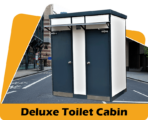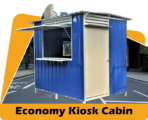
Blog
How This Malaysian Construction Company is Revolutionizing the Industry with Modern Methods | RumahHQ
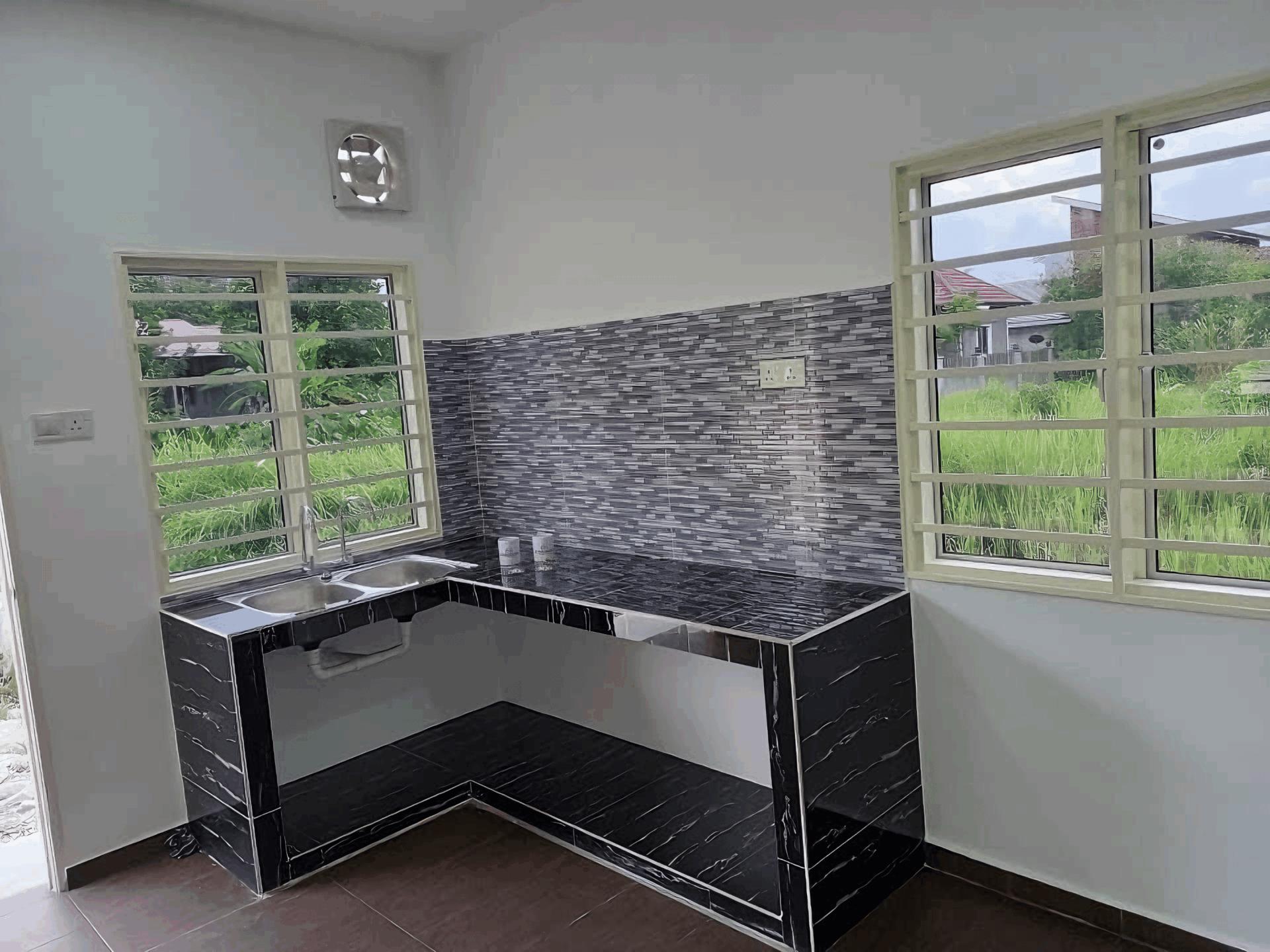
In the heart of Malaysia, where skyscrapers touch the sky and ambitious projects are a way of life, a remarkable transformation is quietly taking place in the construction industry. Imagine a world where building sites are buzzing with innovation, where cutting-edge technology meets traditional craftsmanship, and where every brick laid comes with a touch of efficiency and sustainability. Sounds intriguing, right? Well, that’s exactly what one Malaysian construction company is doing! By embracing modern methods and rethinking the way we build, they’re not just raising buildings; they’re setting new standards for the industry. In this article, we’ll delve into their groundbreaking approaches, explore how they’re shaking things up, and discover what this means for the future of construction in Malaysia. Let’s dive in and see how this company is changing the game!
Innovative Techniques Transforming Construction Practices
The landscape of the construction industry is witnessing a remarkable transformation, thanks to a range of innovative techniques being embraced by forward-thinking companies. One key method reshaping the sector is Building Information Modeling (BIM). This technology enables seamless collaboration among architects, engineers, and contractors, resulting in enhanced visualization and error reduction. By integrating 3D modeling with real-time data, teams can foresee potential challenges and optimize resources, paving the way for more efficient project delivery.
Another standout approach gaining momentum is the use of modular construction. This method allows for components of a building to be prefabricated in a controlled environment, minimizing on-site labor costs and shortening construction timelines. By assembling parts off-site and transporting them to the final location, construction companies can significantly reduce waste and improve quality control. The result? Faster project completion and savings that can be passed on to clients.
| Technique | Benefits |
|---|---|
| Building Information Modeling (BIM) |
|
| Modular Construction |
|
Integrating green building practices is also a significant shift in how construction projects are managed. By focusing on sustainable materials and energy-efficient designs, companies are not only reducing their environmental footprint but also attracting eco-conscious clients. Technologies like solar panel installation and rainwater harvesting systems are becoming standard in new developments, showcasing a commitment to both innovation and environmental responsibility. This multi-faceted approach is what sets leading firms apart in an increasingly competitive market.
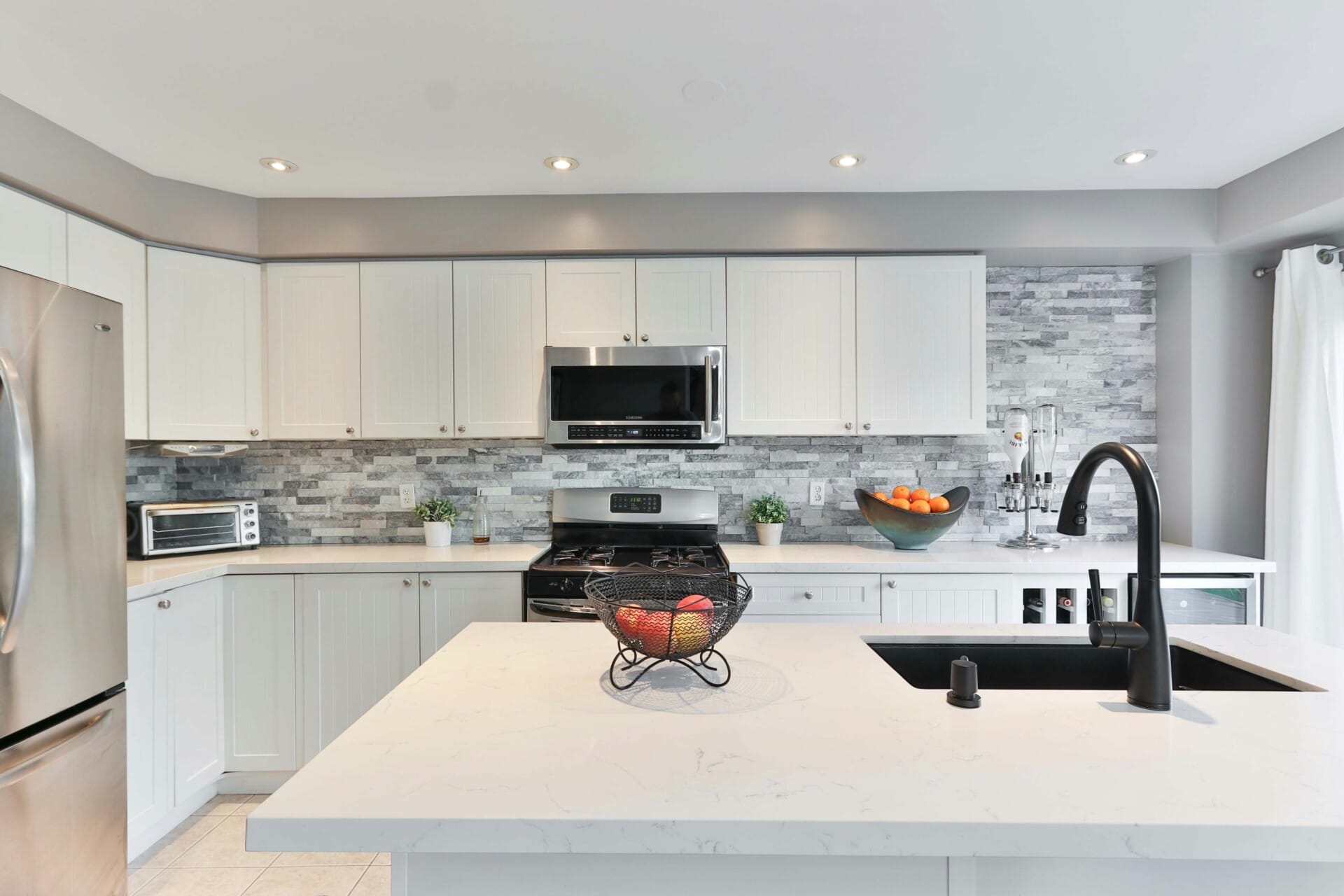
Sustainable Building Solutions for a Greener Future
The construction industry in Malaysia is undergoing a transformation, thanks to innovative companies embracing sustainable building practices. These modern methods focus not just on aesthetics, but also on reducing environmental impact, making structures more energy-efficient, and enhancing the quality of life for occupants. By incorporating eco-friendly materials and advanced building techniques, this Malaysian construction company is paving the way for a greener future.
One of the standout sustainable methods being adopted includes the use of renewable resources. This involves sourcing materials like bamboo or recycled steel which significantly lower carbon footprints. Additionally, the company has been integrating smart technology into their projects, offering features such as:
- Energy-efficient lighting systems that adapt to natural light
- Green roofs that help regulate temperature
- Rainwater harvesting systems to reduce water demand
To further underscore their commitment to sustainability, the company has also partnered with local communities to promote environmental awareness. They organize workshops and programs aimed at teaching sustainable practices, ensuring that the movement towards greener buildings is a community effort. Here’s how they engage with local stakeholders:
| Engagement Activity | Objective |
|---|---|
| Workshops on Eco-Friendly Building Practices | Educate builders and homeowners |
| Community Clean-Up Drives | Enhance local environments |
| Sustainability Awareness Campaigns | Promote energy-saving habits |
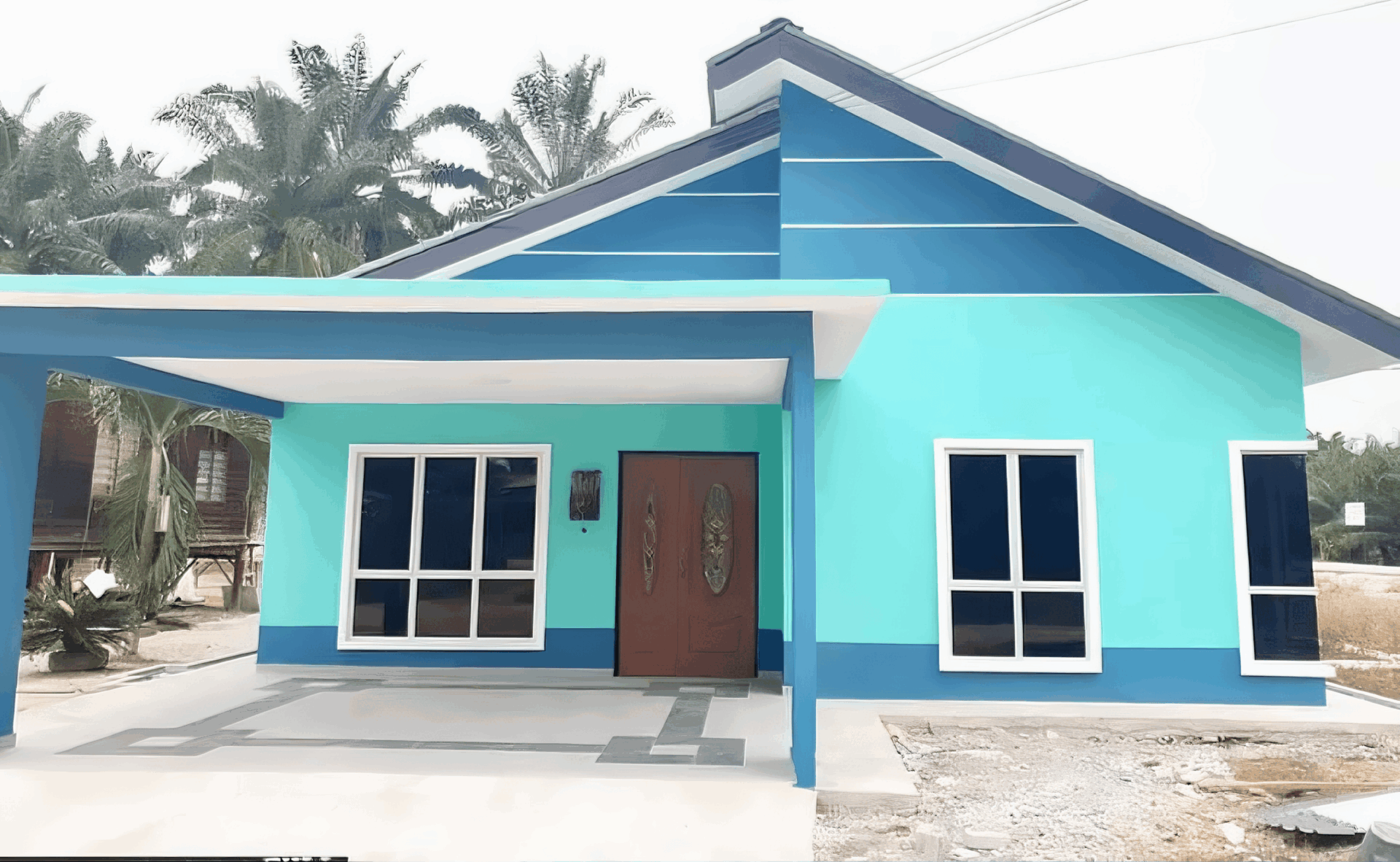
The modern construction landscape is rapidly evolving, and one Malaysian company stands at the forefront of this transformation. By seamlessly integrating digital tools into their workflow, they’re not merely building structures but creating infrastructures that stand the test of time. From advanced project management software to virtual reality design simulations, the ability to visualize and execute projects efficiently is at an all-time high.
This company employs a variety of digital solutions, which include:
- Building Information Modeling (BIM): Enhances collaboration among teams and minimizes conflicts during the construction phase.
- Drone Technology: Offers aerial surveillance for site inspections, making it easier to monitor progress and identify potential issues.
- 3D Printing: Revolutionizes the manufacturing of construction components, reducing waste and speeding up the building process.
As technology continues to advance, the company is also exploring the latest in project automation and communication tools. The aim is to align all stakeholders and streamline operations, ensuring projects are delivered on time and within budget. For example, a recent project showcased the use of a digital dashboard that provided real-time updates and analytics to everyone involved, effectively fostering a more transparent work environment.

Streamlining Project Management through Agile Methodologies
Embracing Agile methodologies has transformed how this Malaysian construction company approaches project management, fostering a culture of responsiveness and flexibility. By breaking down projects into smaller, manageable tasks, the team can adapt quickly to changes in client requirements or market conditions. This iterative process not only enhances efficiency but also encourages continuous improvement, ensuring that every project phase meets the highest standards of quality and satisfaction.
One of the key benefits of implementing Agile is enhanced collaboration among team members. Regular stand-up meetings, known as daily scrums, have become a staple in their workflow, allowing team members to share updates, voice concerns, and brainstorm solutions collectively. This practice is instrumental in building camaraderie and efficiency, as it ensures everyone remains focused on project goals while fostering a sense of ownership and accountability.
| Agile Practices | Benefits |
|---|---|
| Daily Stand-ups | Improved communication and quick issue resolution |
| Iterative Development | Increased adaptability to changing project needs |
| Retrospectives | Continuous learning and process optimization |

Enhancing Labor Productivity with Prefabrication Methods
In the ever-evolving landscape of construction, this Malaysian company is making waves by harnessing the power of prefabrication methods to boost labor productivity like never before. With an innovative approach, they are not just building structures; they are building efficiency. By assembling components in a controlled factory environment, they minimize on-site labor requirements, which translates to significant time savings and reduced dependency on fluctuating workforce availability. The convenience of having major parts ready to go means that projects can be completed faster, allowing teams to shift focus to other tasks.
Moreover, prefabrication enhances quality control, which is crucial in the construction industry. Since most of the work is conducted in a factory setting, there’s a greater potential for standardization and adherence to safety regulations. This reduces the likelihood of costly errors and rework that can derail timelines and drain resources. The use of advanced technologies like 3D modeling and Building Information Modeling (BIM) further streamlines the design and assembly process, leading to seamless integration of various building components. As a result, this construction firm can boast about having higher productivity levels without compromising on the quality of the final product.
Here’s a quick glance at some key benefits of using prefabrication methods:
| Benefit | Description |
|---|---|
| Time Efficiency | Reduced on-site construction time, enabling quicker project turnaround. |
| Cost Savings | Lower labor costs and decreased material waste lead to significant savings. |
| Quality Assurance | Enhanced quality control through standardized factory production. |
By integrating these methods into their workflow, this forward-thinking company is setting a new benchmark for what modern construction can achieve in Malaysia. It’s a brilliant example of how embracing innovation can not only enhance productivity but also shape the future of the entire industry.

Safety Improvements: Prioritizing Worker Well-being in Construction
The Malaysian construction company is making huge strides in the realm of safety, ensuring that worker well-being is at the forefront of their operations. By embracing innovative technology and integrating it into daily practices, they’re not just focusing on meeting regulatory standards but are actively setting new benchmarks for what safety means in the industry. From adopting smart helmets equipped with sensors to monitor health vitals, to utilizing drones for site surveys, every step taken is geared towards minimizing risks on the construction site.
A key part of their strategy is promoting a culture of safety among all employees. This involves regular training sessions that reinforce the importance of compliance and empower workers to take ownership of their safety and that of their colleagues. To solidify this culture, the company has established a Safety Committee comprised of workers from various levels, ensuring that issues are flagged and addressed promptly. Their initiatives include:
- Monthly Safety Workshops: Engaging hands-on training to tackle real-life scenarios.
- Peer Support Groups: Encouraging dialogue around concerns and experiences.
- Incentive Programs: Rewarding teams for maintaining injury-free months.
Furthermore, the company firmly believes that communication is vital in maintaining safety standards. They have integrated a digital platform that allows instant reporting of hazards or near-misses, promoting transparency and swift action. Their commitment is also reflected in their investment into ergonomic tools and equipment designed to reduce physical strain on workers, thereby enhancing overall health. The table below outlines some of the key improvements implemented:
| Improvement | Description | Impact |
|---|---|---|
| Smart Helmets | Real-time health monitoring | Reduced accidents |
| Drones | Site assessment and surveillance | Enhanced safety oversight |
| Digital Reporting | Instant hazard identification | Faster response times |

Collaboration and Partnerships: Bridging Gaps in the Industry
In today’s ever-evolving construction landscape, effective partnerships are key to overcoming challenges and driving innovation. This Malaysian construction company embraces collaboration by forming alliances with local suppliers, technology firms, and even educational institutions. By leveraging the unique strengths of each partner, they not only enhance their project efficiency but also contribute to the local economy. Working together allows them to share resources, insights, and best practices, which ultimately leads to smarter and more sustainable building practices.
One of the standout initiatives is their partnership with tech startups focusing on emerging technologies like BIM (Building Information Modeling) and AI-driven project management tools. These collaborations have transformed how projects are designed and executed. Through this synergy, the company has achieved improved accuracy in planning, which minimizes costly delays and material waste. Their joint efforts demonstrate how integrating cutting-edge technology can streamline operations and elevate the construction standards across Malaysia.
Moreover, this construction company understands the importance of community engagement. They actively collaborate with local governments and NGOs to identify and address community needs. This approach not only fosters goodwill, but it also ensures that the projects align with residents’ interests and local development goals. By bridging gaps through partnerships, they navigate regulatory landscapes more effectively and create projects that are both beneficial and embraced by the communities they serve.
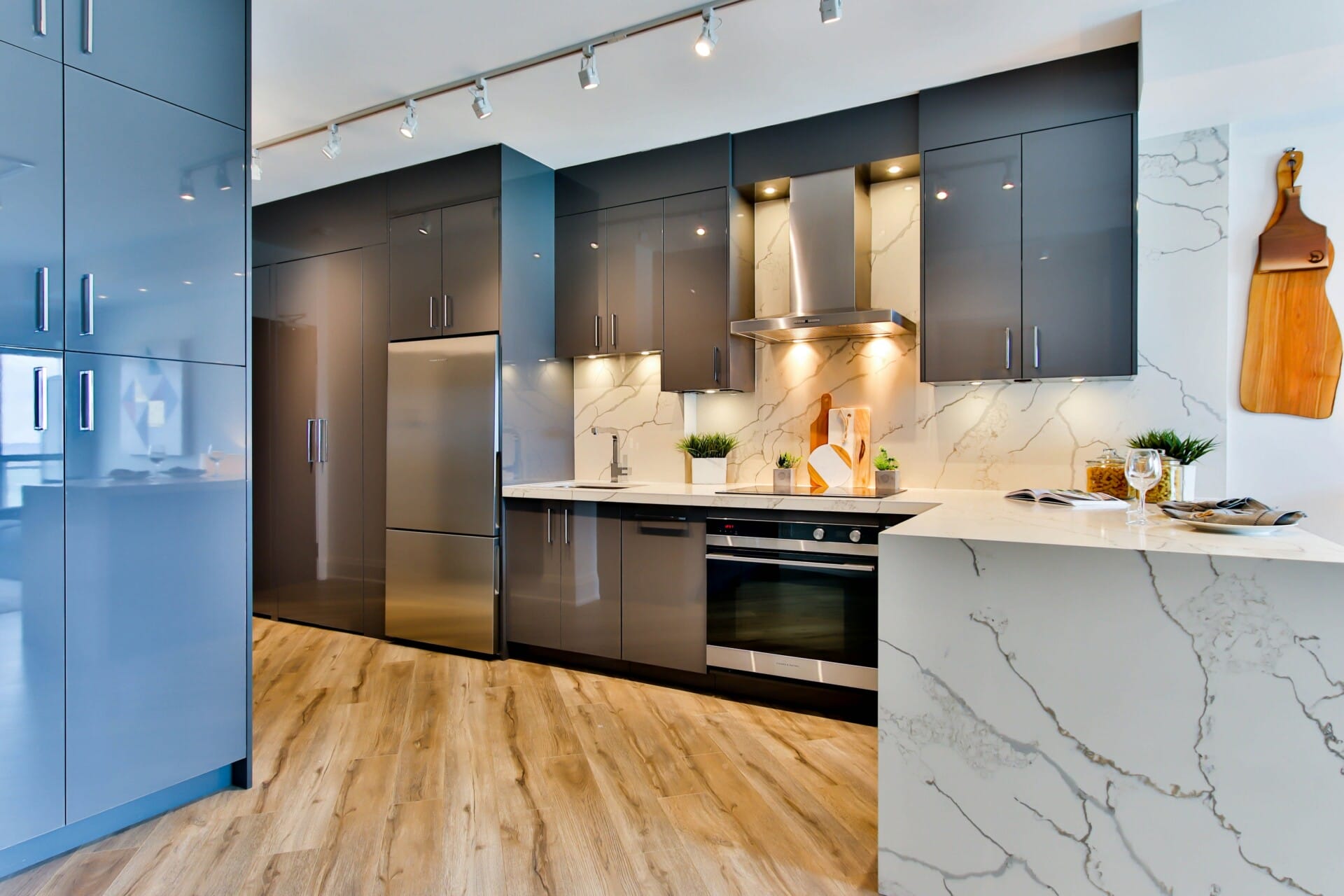
Future Outlook: Setting New Standards for Malaysian Construction
As the landscape of construction evolves, this ambitious Malaysian company is leading the charge toward a more sustainable and efficient future. By adopting cutting-edge technologies and modern methodologies, they are not merely keeping pace; they are setting the pace. The commitment to embracing innovation has allowed them to redefine what it means to build in Malaysia. From prefabrication techniques to smart building solutions, the possibilities are endless.
Implementing sustainable practices is no longer a mere suggestion but an industry standard that this company is eager to champion. Their focus on minimizing waste and maximizing efficiency not only benefits the environment but also creates long-term savings for clients. Some key practices include:
Moreover, as they push the boundaries on technology, collaboration with local universities and tech firms has enabled a dynamic exchange of ideas that can revolutionize construction practices. Initiatives like immersive training for workers using VR technology not only enhance safety but also engage the workforce in new ways. The ultimate goal is to create an ecosystem where every stakeholder – from clients to contractors – experiences the benefits of these innovations. The blueprint for the future is being drawn, and it’s a picture of growth, intelligence, and responsibility.
Insights and Conclusions
As we wrap up our look into how this Malaysian construction company is shaking things up in the industry, it’s clear that innovation is the name of the game. By embracing modern methods, they’re not just building structures; they’re paving the way for a new era in construction right here at home.
From cutting-edge technology to eco-friendly practices, this company is setting an inspiring example of how we can work smarter, not harder. It’s a reminder that tradition and innovation can go hand in hand, creating a future where our communities can thrive.
So, whether you’re in the industry or just curious about what’s happening around you, keep an eye on how this approach unfolds. Who knows? Maybe it will ignite a wave of change that gets us all on board to rethink how we build our world. After all, the future of construction in Malaysia is bright, and it’s only just beginning!
kontraktor rumah
bina rumah
pinjaman lppsa
pengeluaran kwsp
spesifikasi rumah
rumah batu-bata
pelan rumah
rekabentuk rumah
bina rumah atas tanah sendiri
kontraktor rumah selangor
rumah banglo
Source link







